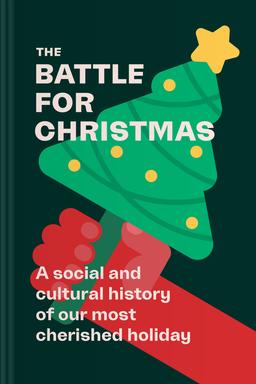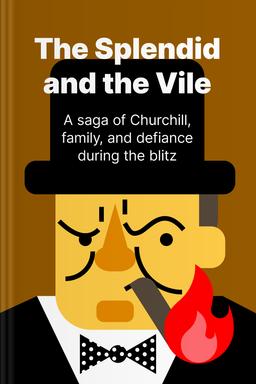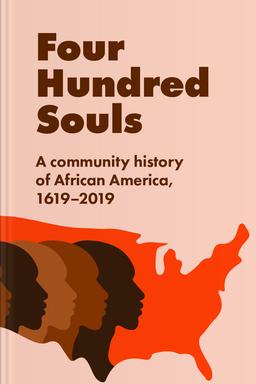Books about the Industrial Revolution are far more than "steam engines changed things." The actual story is much messier and more human. These reads reveal how ordinary people transitioned from farming to factory labor, how inventors created new industries from nothing, and how cities grew by hundreds of thousands of people almost overnight.
You'll discover why child labor became such a problem, how working conditions led to the first unions, and how this era produced both great riches and great poverty at the same time.
Books about the Industrial Revolution: Understanding the transformation
What makes books about the Industrial Revolution good and useful today? It connects past patterns to modern problems. The gig economy? Factory owners created unstable employment situations first. Are you worried about AI killing jobs? People freaked out about machines in precisely the same ways in the 1820s. Environmental degradation? This was primarily born out of growth-at-all-costs thinking.
Reading about this will provide you with the depth to understand better why capitalism works the way it does, where worker rights originate, and why certain economic conditions persist from generation to generation. These books are not solely about technological advancements with steam engines and weaving machines, but also about the social disruption caused by pollution, the densification of slums, and class warfare, as well as new political movements.
Whether you're interested in the economics of the time, the conditions in which workers lived, or the inventions that sparked it all, something exists here that could help you understand the Industrial Revolution.
Books about the Industrial Revolution: The people, the inventions
Books about the Industrial Revolution are also going to show you the people involved: inventors, activists, workers, and reformers. For example, James Watt improved the steam engine. Richard Arkwright designed the textile factory. George Stephenson connected cities with his railways. But you will also meet people who documented the destruction and organized for change. Charles Dickens revealed child labor through his novels. Friedrich Engels, who walked through the worst neighborhoods in Manchester, wrote about what capitalism did to people when no one was watching.
These books will explore the tension between progress and exploitation. Yes, the Industrial Revolution led to economic growth, the development of new technologies, and increased opportunities for people's mobility and advancement. But it also created terrible working conditions, destroyed the environment, and created wealth disparities that we still deal with.
It is critical to understand both sides. Some books that touch on the same time frame or period will keep revisiting the theme of inventions leading to other inventions, sparking large-scale change. Other books will allow you to gain a deeper understanding of what it was like to work in a factory or what it was like to survive in a rapidly changing urban area.




